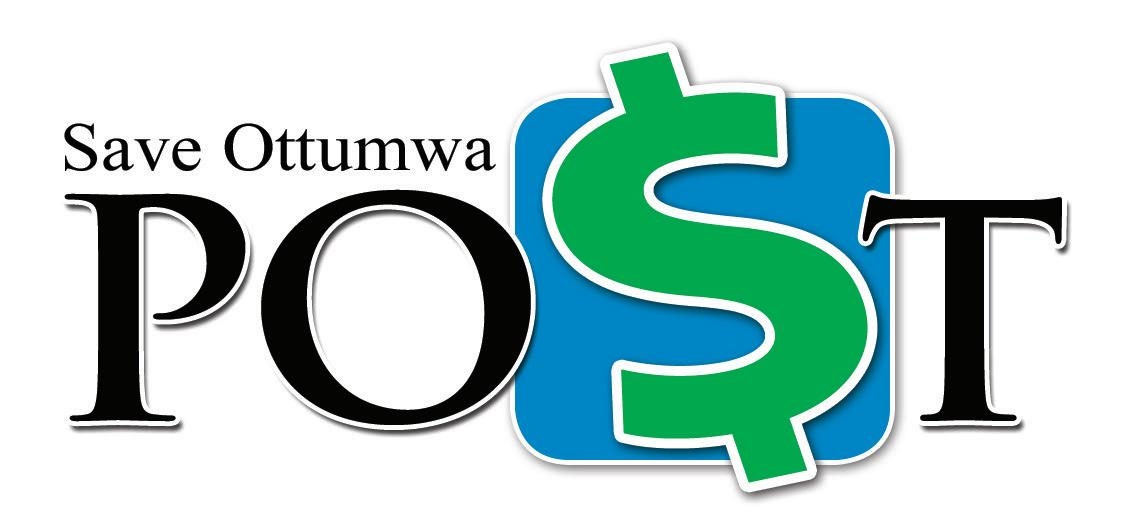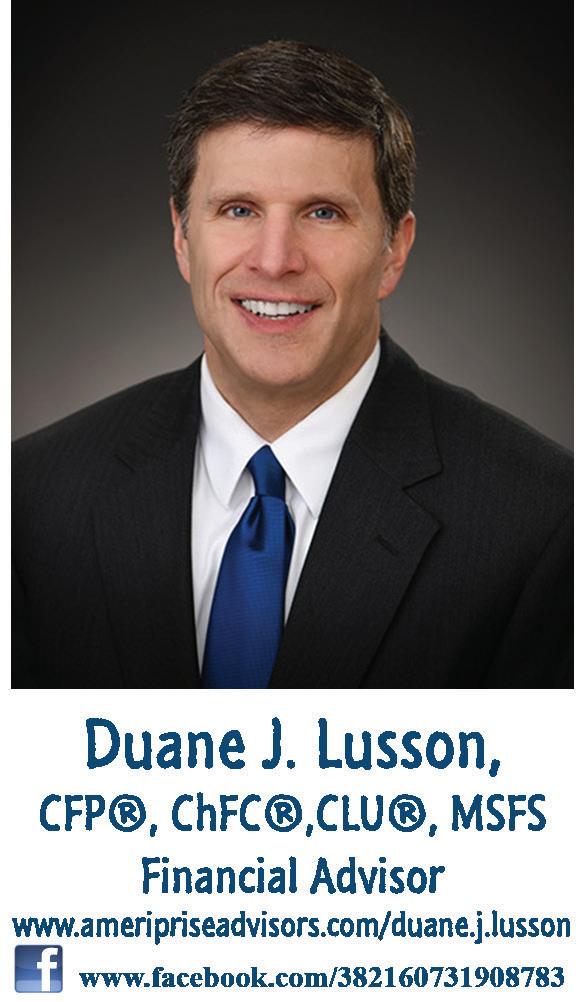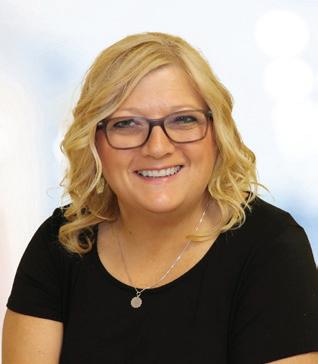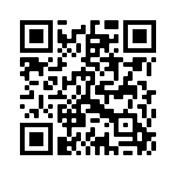






Baby on the Way? Here’s How You Can Prepare Financially
Welcoming a new baby can be incredibly exciting – but there’s a lot to prepare for. In addition to assembling the crib and ensuring you have enough bottles on hand, you should anticipate that the arrival of a newborn will come with financial considerations. Here are some items to keep in mind as you wait to meet your bundle of joy.
1. Consider childcare expenses. According to Child Care Aware of America, the average annual price of childcare for 2022 was $10,853. This figure represents roughly 10% of the average married couple’s yearly income -- and it jumps to 33%1 for single parents. Whether you choose daycare, a nanny, an au
pair, a babysitter – or if you plan to scale back on your paid work time in order to care for your child – it’s probably safe to assume that childcare will quickly become a major living expense.
2. Think about lifestyle costs. Between diapers, formula, clothes and other necessities, babies are expensive –and they remain so as they grow older. Extracurriculars for toddlers to teens (think sports, music, performing arts) often come with a price tag. Add on the fact that many growing families decide to buy bigger houses and new cars, and it’s easy to see how lifestyle costs can creep up on parents.
3. Prepare for college tuition. The cost of college continues to rise at a pace faster than inflation, meaning the sooner you can start saving for your child’s higher education, the better. Setting aside even a modest amount of money each month can make a big impact over the long term. Choose a savings vehicle that is right for your financial situation, risk tolerance and goal amount. One of the most popular options is a 529 plan, which is specifically designed to help families save for education expenses.
4. Reassess your financial position. With
a baby on the way, it’s critical to keep in mind that unexpected events can affect your finances at any time. Resolve to build or maintain an emergency fund that could cover three to six months of expenses, in addition to prioritizing your retirement savings. After your baby arrives, update your estate plan and insurance coverage (e.g., medical, life, disability policies) as necessary.
5. Teach good financial habits. Kids learn about money first and foremost from their parents, which means you can help them become financially literate. At a young age, you can teach them about the difference between “needs” and “wants.” As they grow older, you can educate them on budgeting and saving, the benefits of delayed gratification, and how to build lifelong healthy habits around money.
6. Plan for your family bucket list. Many parents dream of showing their children new places and allowing them to have a variety of experiences. Think about what activities matter to you and incorporate them into your financial plan. Taking an annual vacation, owning a vacation home, buying season tickets to your favorite team, or purchasing a boat are common goals for many families.
Expanding your family often has a way of putting your priorities into perspective. If you would like an objective opinion on how to best plan for your goals, talk with a financial advisor in your area.
1 - “Catalyzing Growth: Using Data to Change Child Care,” ChildCareAware.org, 2022. https://www. childcareaware.org/catalyzinggrowth-using-data-to-change-childcare-2022/
Duane J Lusson, CFP, ChFC, CLU, MSFS, is a Private Wealth Advisor with Ameriprise Financial Services, Inc. in Ottumwa, Iowa. He specializes in fee-based financial planning and asset management strategies and has been in practice for 30 years. To contact him, call 641-684-4200 or stop by his office at 527 W. Second in Ottumwa, Iowa.

Ameriprise Financial cannot guarantee future financial results
Ameriprise Financial, Inc. and its affiliates do not offer tax or legal advice. Consumers should consult with their tax advisor or attorney regarding their specific situation. Investment advisory products and services are made available through Ameriprise Financial Services, LLC, a registered investment adviser.
Investment products are not insured by the FDIC, NCUA or any federal agency, are not deposits or obligations of, or guaranteed by any financial institution, and involve investment risks including possible loss of principal and fluctuation in value.
Ameriprise Financial Services, LLC. Member FINRA and SIPC. © 2023 Ameriprise Financial, Inc. All rights reserved. File # 5680331

Welcome Jo Beth Lawless, FNP-BC
Pella Regional Health Center welcomes Jo Beth Lawless, FNPBC. She will be seeing patients as a Family Nurse Practitioner at the Pella Regional Walk-In Clinic in Ottumwa.

Jo Beth is a Board Certified Family Nurse Practitioner with more than 30 years of experience in leadership, nursing, and EMS.
For more information call 641.628.2200 or visit PellaHealth.org.

Communication















I find it interesting to observe how animals communicate with each other and with humans. From the porch, drinking coffee in the mornings, I can watch as a doe walks over the dam down toward the water. She will pause and look around as though checking for any danger and in some manner communicate with her fawn to come to her. The fawn will suddenly appear from the tall grass, come to its mother, and begin nursing. A few minutes later when she starts to walk away, the fawn will try to follow. In some manner, she lets it know to go hide and the baby goes back into the tall grass. If the doe makes a sound in communicating instructions to the fawn, it is inaudible to humans.

The birds in our yard have a less subtle form of communication, especially when it comes to letting the humans know what they want. If the dish of grape jelly is







empty, the orioles will look toward the house and scold loudly until their dish is re-filled. As soon as I fill the dish, they go to eating and fighting among each other, completely ignoring us. They made their point and got their way. Hummingbirds are even more blatent. When their sugar water is gone or soured from being in the heat too long, they will fly to the nearest person and hover about two feet away. They then stare directly into the eyes of a person they think should re-fill the hummingbird feeder. It is hard to ignore a tiny bird that is trying its best to convince you that it is starving. Dogs are famous for their ability to communicate with humans. Billie, the poodle, communicates his needs to us so well, we have decided he has us trained. If my wife or I happen to

